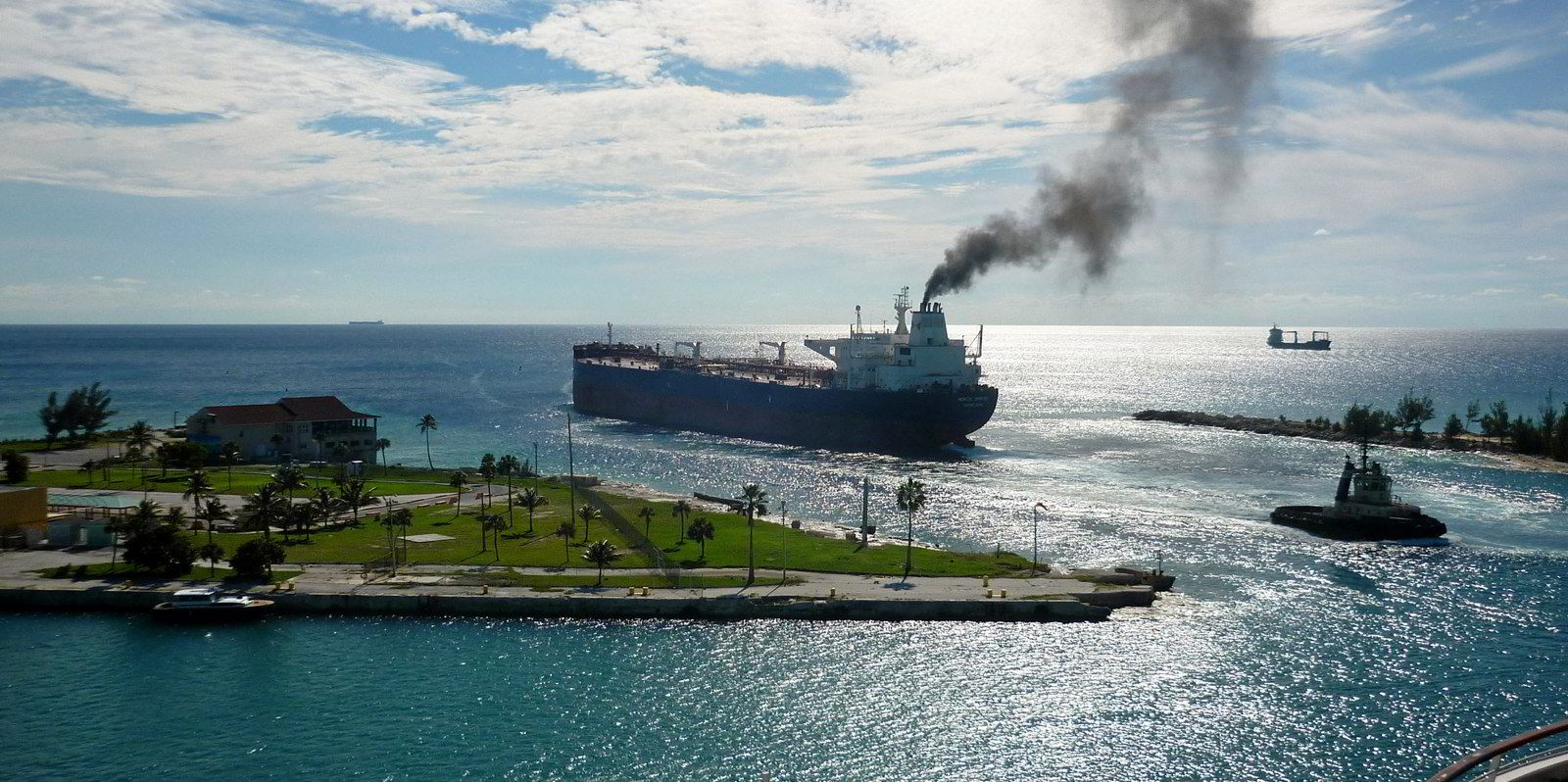Munich Re has quit the United Nations’ Net Zero Insurance Alliance (NZIA) because it believes that the insurance industry cannot collectively pursue decarbonisation goals without running up against antitrust laws.
It would be easy to suggest that the world’s largest reinsurer is simply using the excuse of a non-existent threat to break ranks with its industry counterparts and backtrack on its commitment to decarbonise.
Especially as green groups have been pushing industry alliances, such as NZIA, to be more proactive in pushing their clients to decarbonise.
But, the indications are that Munich Re remains just as committed to decarbonising its portfolio.
Despite leaving the NZIA it has not watered down any of its own decarbonisation pledges, including its decision to no longer insure new oil and gas business from this year.
It was one of the founding members of NZIA and one of the most committed to its cause.
So, Munich Re’s decision can only be seen as reflecting genuine concern among major corporations that initiatives like NZIA could start to attract the interest of competition authorities.
This concern would appear to have its roots in the recent activities of a Republican group in the US. Backed by the fossil fuel industry, this group has been looking at ways the “woke political agenda” is affecting a fair competitive market.
In one recent example, a lawsuit involving 25 US states led by Texas’ state attorney general Ken Paxton has been filed against the US Department of Labor.
The Republican group alleges the Department of Labor is limiting returns to pensioners by including sustainability and climate risks in its investment criteria.
To guard against the potential threat of litigation this year, the NZIA has responded by establishing an antitrust workstream to ensure compliance with global competition laws.
The European Union is also drawing up guidelines on how corporates, individually or collectively, can stay within competition guidelines while following an environmental, social, and corporate governance policy.
So, do the shipping industry’s collective decarbonisation initiatives have anything to worry about?
The Poseidon Principles for Marine Insurance (PPMI) is the closest thing the shipping industry has to the NZIA and shares many of the same members. But, as things stand, the stated battle plan of the PPMI signatories falls well short of anything that might impact market mechanisms.
Should its like-minded members collectively decide to refuse to provide insurance for ships — which say fall below a carbon intensity indicator C rating — then maybe that could influence the pricing for polluting ships.
Such action could be considered anti-competitive because it collectively restricted trade — even if it was with the worthy intention of saving the plant, rather than commercial gain.
But, what the PPMI actually does falls well short of that.
Commercial clout

For a start the current membership of 10 — although it involves some of the industry’s big names such as Swiss Re Corporate Solutions and Gard — still represents a fraction of the marine insurance premium and does not have enough collective commercial clout to affect pricing.
PPMI is also essentially a tool by which signatories monitor their insured fleets to see how they align in total with the decarbonisation goals of the International Maritime Organization.
Participants are at pains to point out it is not their intention to exclude shipowners who do not meet the targets. Instead, they would simply offer them “guidance”, PPMI members say.
It seems a little far-fetched to think that PPMI, or its financial counterpart the Poseidon Principles for Financial Institutions, or even Sea Cargo Charter would, at this stage, find themselves the subject of a competition investigation given the limited scope of their activities.
But, it does raise the question of how far they will be able to go in the future in attempting to promote decarbonisation in the shipping markets.





